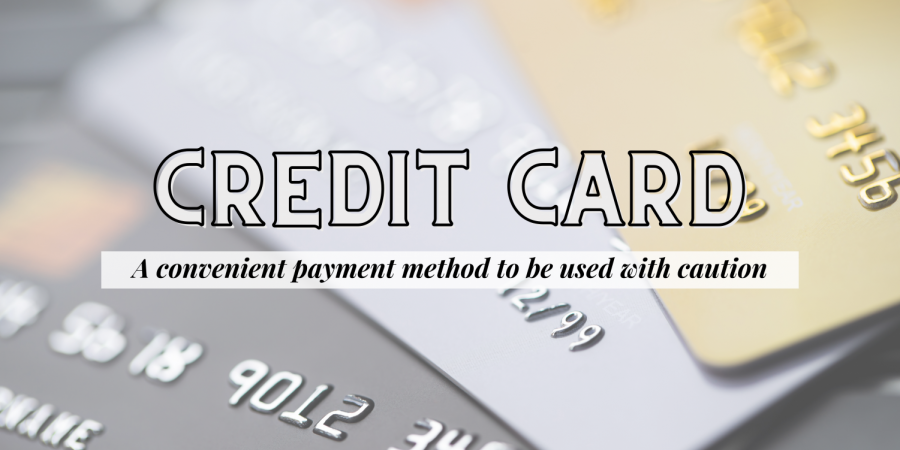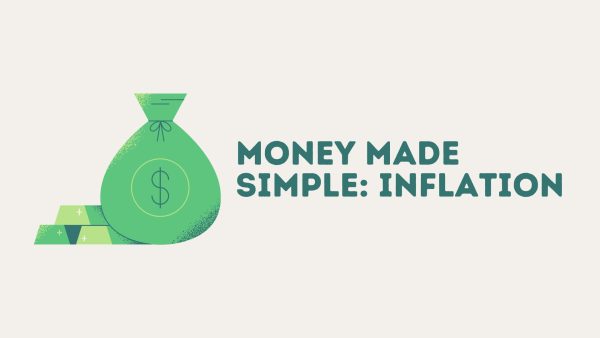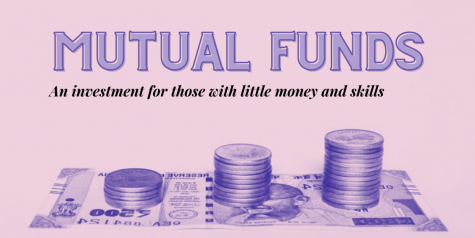MONEY MADE SIMPLE | What is a credit card and should you get one?
Using a credit card with a solid purpose and understanding can allow high school students to reap its benefits of convenience and educational value for their future personal finance. Credit is an agreement that allows a customer to obtain goods or services before payment with the promise to make it later. You can use a credit card, for example, to purchase goods by borrowing money from a financial institution and promising to pay it back. Unlike a debit card, a credit card does not immediately draw tangible money directly from your checking account but instead charges your purchase to your line of credit that you will be billed later. In both forms, you are obligated to pay; but with the line of credit you also pay small fees for the ability to pay at a later date. However, there are certain risks that accompany your ability to spend money with the credit limit as your only restriction. Thus, you must develop responsible financial habits to avoid the quicksand of credit mismanagement, which besets millions of adults until their deaths every year. It is crucial to spend within your means and not to expend the majority of your available credit. You must also pay off as much of your remaining balance as possible each month; only meeting the required minimum payment will lag your repayment process exponentially, inflicting the pain that can be avoided. This is important because credit card companies make their money off of the interest fees you will pay if you do not pay off your balance in full each month. Acquiring a credit card can be a good first step to developing good financial habits for high school students. In fact, it is easier to avoid losses from fraud using a credit card instead of cash or debit cards, as most credit cards allow you to contest unauthorized charges. Accumulating a high credit score by starting your credit history early can also be a priceless weapon that equips you with greater negotiating power. With a good score, you can demonstrate that you pay back what you borrow on time and, consequently, access higher loans and credit limits, as well as lower interest rates, that will allow you to make major purchases, such cars or houses. A good credit may be used by your potential employers and landlords as part of the selection process as well.

Lana is the editor-in-chief of the Blue and Gold. She loves to indulge in books and romcoms. She also enjoys hiking and running outdoors. Economic inequality...






![[LANA LEE/THE BLUE & GOLD]](https://blueandgoldonline.org/wp-content/uploads/2021/01/Mortgage.png-475x238.png)

![[LANA LEE/THE BLUE & GOLD]](https://blueandgoldonline.org/wp-content/uploads/2020/09/finance-475x330.png)

![Oppenheimer is based on the real life events of the Manhattan Project. [PHOTO COURTESY OF UNIVERSAL PICTURES]](https://blueandgoldonline.org/wp-content/uploads/2023/12/opp-600x316.jpeg)
![NewJeans releases their new EP. [PHOTO COURTESY OF NEWJEANS KR]](https://blueandgoldonline.org/wp-content/uploads/2023/12/nj-600x400.jpeg)